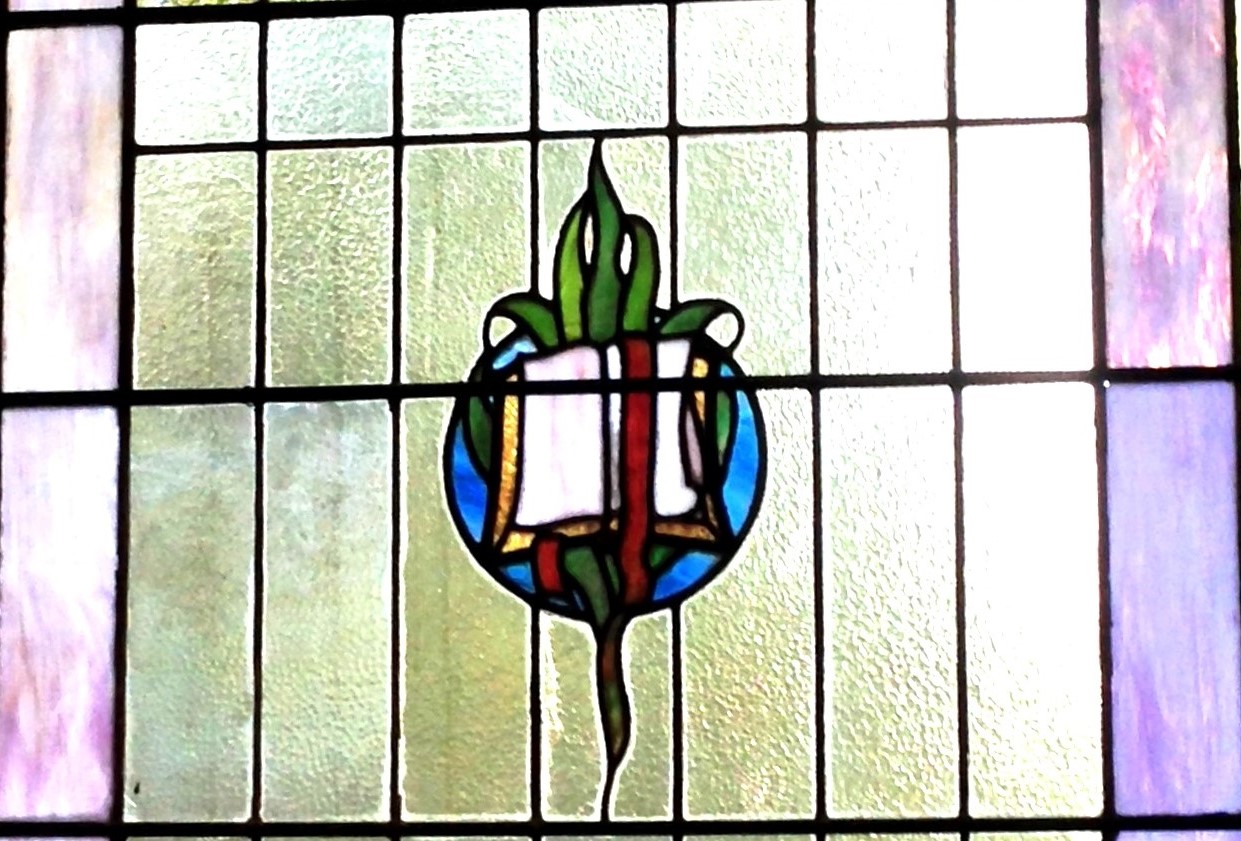Sermon Sunday March 30, 2025
Rev. Norman A. Michaud
Luke 15: 1-3, 11b-32
This Sunday’s reading from Luke is exclusive to Luke’s Gospel. This parable known and loved by Christians is highlighted in the Lectionary for the fourth Sunday in Lent. If there exists a “top-10” list of parables, this parable would most likely be on that list. Sarah and I have experienced the “parable of the prodigal son” for three years. I share this story knowing that many families have experienced the suffering of loved ones who succumb to addictions and other diseases. I share Sarah’s and my experience so that we may bring hope to those who remain confounded and grieve for those who have been and may remain victims of disease. We understand addiction as a disease without judgment.
The word “prodigal” can mean “wastefully extravagant.” However, in the Christian context of Luke’s parable, we understand prodigal to mean “generous extravagance.” Such abundant generosity reflects Jesus’ understanding of God’s grace in God’s realm. Jesus’s lesson asks us to be kind and quick to forgive. Never give up on a person. As long as there is breath, there remains a chance of change, amends, and forgiveness.
Our son, Jordan starred in sports. He was captain of his football team, the Portsmouth Clippers, and a superstar on the Lacrosse team. Jordan’s discipline, leadership, and work ethic gave him recognition and awards, including All-State in New Hampshire and Athlete of the Year at Portsmouth High School. Colleges and universities offered him scholarships to play Lacrosse. He chose Eastern Connecticut University since they offered to pay his tuition. Upon graduating, he left the University debt-free.
in 2010, Jordan left my home in Kittery Point, Maine, to join his girlfriend in Denver, Colorado. She would later become his wife. He left with my blessings and support. He found a sales job at a Nissan Dealership in Aurora, Colorado, and soon became the Sales Manager. His drive and thirst for excellence brought him accolades. Nissan recognized him with two consecutive Sales Manager of the Year awards. He gave motivational speeches at national auto sales events. His financial rewards allowed him to live with his wife in a skyscraper penthouse and drive a white Maserati sedan. Jordan became Sarah’s stepson when we married over ten years ago.
Jordan found his work exhausting. He worked 60 or more hours a week, rarely taking time off from his job. He ate at his desk. His only day away from the Sales Manager’s podium was Sunday. On Sunday, he slept late, watched sports, and consumed alcohol. However, he proved susceptible to becoming dependent on that drug for relaxation and sleep. The drink began to take the man, my son.
Recall that Covid-19 closed businesses, schools, and places of worship five years ago this month. My son’s dealership closed for weeks and to make matters worse, he suffered from Germaphobia.
He used alcohol to remove his anxiety, and in only a few months his condition accelerated into full-blown alcoholism. He became completely dependent on alcohol.
Soon, the spiraling demise of his addiction took everything from him: his job, home, car, wife, friends, honor, self-respect, and honesty. When he got sick enough, he checked into hospital Detox facilities. He refused to enter a long term Rehab. Sometimes he entered the same Detox in just a few weeks.
Jordan lost his prized trophies in the chaos. Jordan eventually found himself living in cheap motels, couch surfing, and on the streets of Denver.
His mother, my ex-wife, chose to bring him to her home in Florida in hopes of saving his life. He arrived at her home with only a T-shirt, shorts, flip-flops and broken glasses. His mother welcomed him and provided for him. She was naive. She believed her love and care and change of geography would remove his addiction. Since he arrived, the reality and gravity of his disease forced him to confront the visceral horrors of his addiction. We graciously sustained communication with Jordan’s mother throughout this difficult time.
Recently, on February 16th, Jordan finally committed himself to long-term rehab. He spent 28 days in a facility near Mar Largo and now resides in a facility near Long Beach, California. He will stay at this second treatment center for six weeks, perhaps longer. He begins his journey in recovery and has a chance to reclaim his life. All who love him are hopeful. Many pray for him. He has texted Sarah and me for the first time since Christmas.
The Wisdom of Jesus does not end with the welcomed son. The older son, who has proved loyal and dutiful, shows resentment.
He resents his Father for welcoming an undeserving son. We may see ourselves as the Father who quickly showed mercy for his wayward child when most might think it was undeserved. Through Jesus’ parable, we can experience God’s lavish love, but mercy may become a source of resentment. It seems God’s answer to our resentment is to show us how the realm of God works in our lives.
Perhaps resentment is necessary to remind us that we are not God — and that God does not operate within our ideas of fairness. Perhaps the balm for our resentment is acknowledging that God is God and we are not. And today, at least for Sarah and me, the fears and grief have become lighter.
Compassion stands at the core of all Jesus’ teaching. In the Sermon on the Mount, Jesus asks, “Is there anyone among you, if his child asks for bread, will give a stone?” (Matt. 7:9). Children ask fathers for bread, and the dads provide. We find numerous fathers in the Gospels seeking healing for their children: the synagogue ruler Jairus begs Jesus to heal his daughter (Mark 5:23; cf. Matt. 9:18; Luke 8:41); the Father of an epileptic boy entreats first the disciples and then Jesus to heal his son (Matt. 17:14–15; Luke 9:38–42). The Prodigal’s Father dotes on his son. He embraces him as God dotes on us. The New Testament God is never distant or aloof.
Recall that the original use of “prodigal” regarded generosity, not waste. The parable’s messages of finding and welcoming the lost, reclaiming children, and reassessing the meaning of family offer good news and better news. Let us all strive to be more like the Father, who mirrors the Creator, who forgives and offers eternal life.
Prayer Reflection: Return (Luke 15)
Here is a poem (inspired by Luke 15:1-3, 11-32. It was written by Roddy Hamilton.
Return
(inspired by Luke 15:1-3, 11-32)
let this be the welcoming place
the place of return
and let it be built by a love
that bends towards those who return here
for it is a love that has been waiting
like a candle in the window
ever lighting the way back
and never willing to let go
the hope that each child
will return home
let it be the place where
the only appropriate response
to love that has come to the end of its longing
is to kill the fatted calf,
feast and celebrate
send up balloons
and prepare the party
for that which has been lost
has returned to be among us
once more


